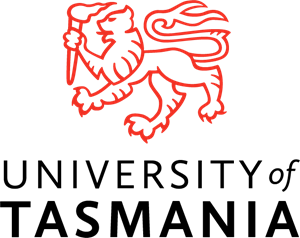A Bachelor of Economics is a degree which will enable you to make a difference with your career and prepare you for the future of work. Economics graduates work in a broad range of occupations and industries, often beyond the discipline of economics itself, and are highly sought after by employers who value their economic literacy and analytical skills.
Our Bachelor of Economics gives you both job-specific and transferrable skills. You'll gain job-specific skills in your major area of study, so you're ready to enter the workforce in a wide variety of careers where you want to make a difference including: International Development, Health, Environment, Business, Banking, Finance, Public Policy, Inter-Governmental Affairs, and Diplomacy.
Transferrable skills set you up for long-term success. We provide you with a detailed understanding of how decisions are made by individuals, firms, and governments through analysis of a broad range of micro- and macro-economic settings and teach you analytical thinking and evidence-based decision making, so you can adapt as the job market evolves.
Here are some of the careers projected to grow into 2024:
- Management and Organisation Analysts: 24.7%
- Policy and Planning Managers: 10.8%
- Research and Development Managers: 10%
- Business Administration Managers: 12.1%
Source - Department of Employment, Skills, Small and Family Business five Year projections from May 2019 to May 2024.
Postgraduate study
If you successfully complete this course, you may be also be eligible to apply for a range of other postgraduate courses including Graduate Certificates and Graduate Diplomas and Masters by coursework and research.
Professional Recognition
The Tasmanian School of Business and Economics (TSBE) at the University of Tasmania has been accredited by AACSB International, the highest standard of achievement for business schools worldwide. AACSB is the world's leading accreditation program for post-secondary business schools, with only 5 per cent currently accredited.
While undertaking the Bachelor of Economics degree, students can apply to become special members of the Economics Society of Australia.
